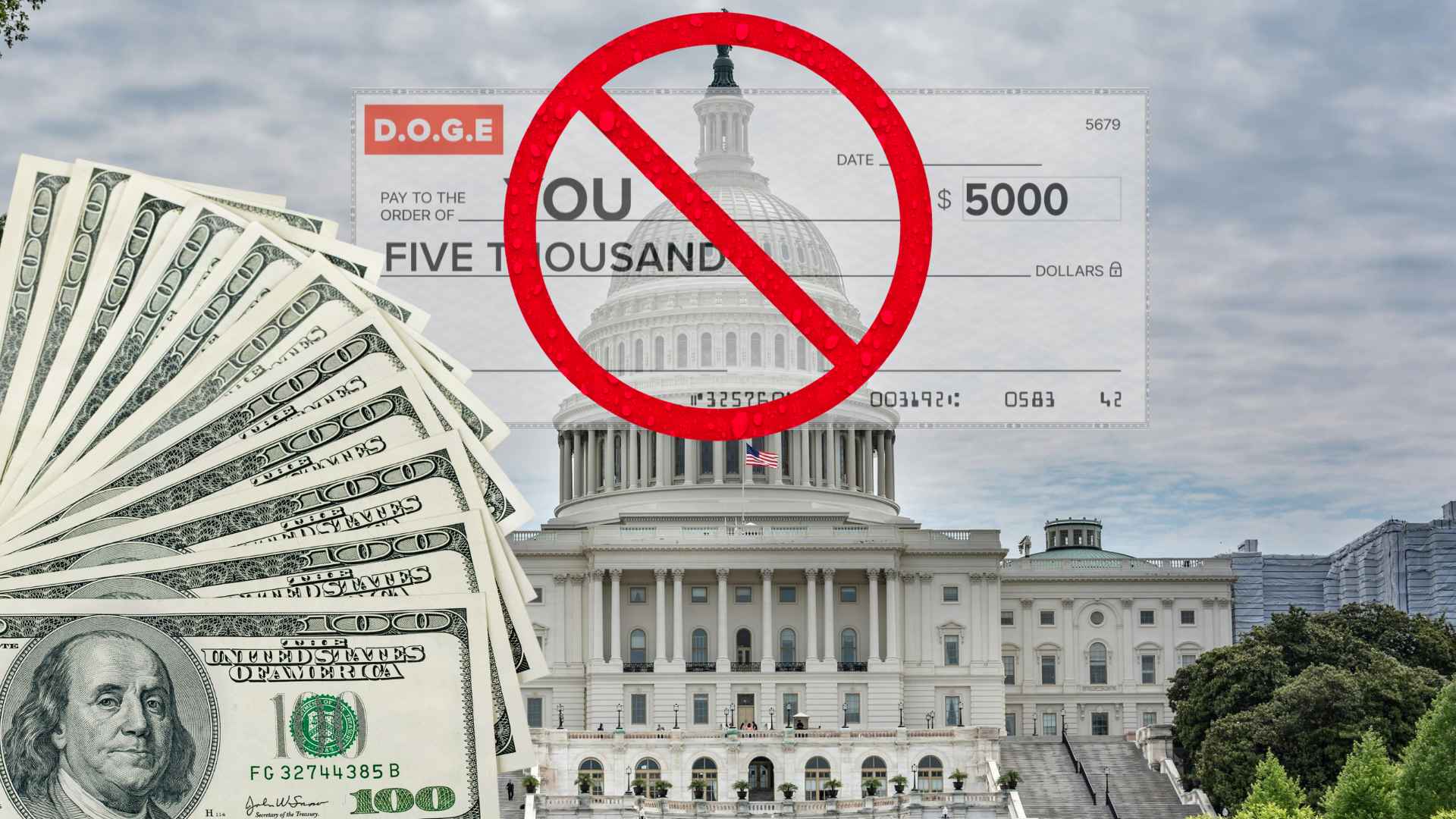The much‑touted payout turned out to be another internet mirage, leaving would‑be recipients empty‑handed.
Social media has been buzzing for months about a supposed $5,000 “DOGE check” that would be mailed to every U.S. household. The rumor, amplified by high‑profile tech voices and a handful of populist politicians, promised windfalls from alleged federal “efficiency” savings. Yet documents, budget data, and lawmakers themselves now confirm the program was never filed, funded, or even formally drafted on Capitol Hill.
Why the promised $5,000 DOGE household payment was mathematically impossible
The numbers never penciled out. Supporters claimed dismantling “wasteful” agencies would free up $2 trillion for direct payments. In reality, the agency behind the plan, DOGE, booked only $170 billion in tentative cuts—most still unverified. Here’s how the math breaks down:
| Projection | Claimed savings | Households covered | Cash per household |
|---|---|---|---|
| Initial pitch | $2 trillion | 125 million | $5,000 |
| Reality check | $170 billion | 125 million | $1,360 |
| After legal & admin costs | $11 billion net | 125 million | $ 89 |
Even before expenses, DOGE would have delivered barely a quarter of the advertised amount. After litigation, compliance, and transition costs, the check would drop below a hundred bucks—hardly the life‑changer some influencers teased.
Political backers quietly retreat as legislative support for the DOGE check evaporates fast
So who was supposed to turn the idea into law? No House or Senate committee ever docketed a DOGE‑funded relief bill. Key Republicans distanced themselves once budget analysts flagged the gaps, and moderate Democrats labeled the proposal “fiscally incoherent.” Last month the informal DOGE Caucus quietly disbanded, its website scrubbed of press releases. Remember the viral hashtag “#DOGEdividend”? It vanished as fast as it appeared.
Key signs the DOGE check was never real:
- No bill text filed in the Congressional Record
- Absence of a scoring request to the Congressional Budget Office
- Zero Treasury guidance on payment logistics
- Inconsistent dollar figures across press statements
Frankly, if Washington can’t agree on the debt ceiling, how was it going to bankroll a nationwide bonus overnight?
Online rumor mill kept spinning even after officials denied any official program existed
Despite repeated denials from the Treasury Department, TikTok and X kept churning out countdown clocks, claim‑form links, and dubious “instructions.” One widely shared post even directed users to mail blank checks to a PO box “to verify identity.” Seriously, who thought that sounded legit?
Fact‑checkers flagged the campaign, but the damage lingered: some households delayed legitimate tax filings, hoping a DOGE windfall would cover their bills. “We lost precious time,” said Julio Ramirez of Phoenix, who skipped two job‑training sessions while waiting for clarification.
There is no $5,000 DOGE check, no law in progress, and no hidden fund waiting to be unlocked. Households should ignore viral claim forms and focus on confirmed programs—think earned income credits or state energy rebates—that actually exist and have clear eligibility rules.

